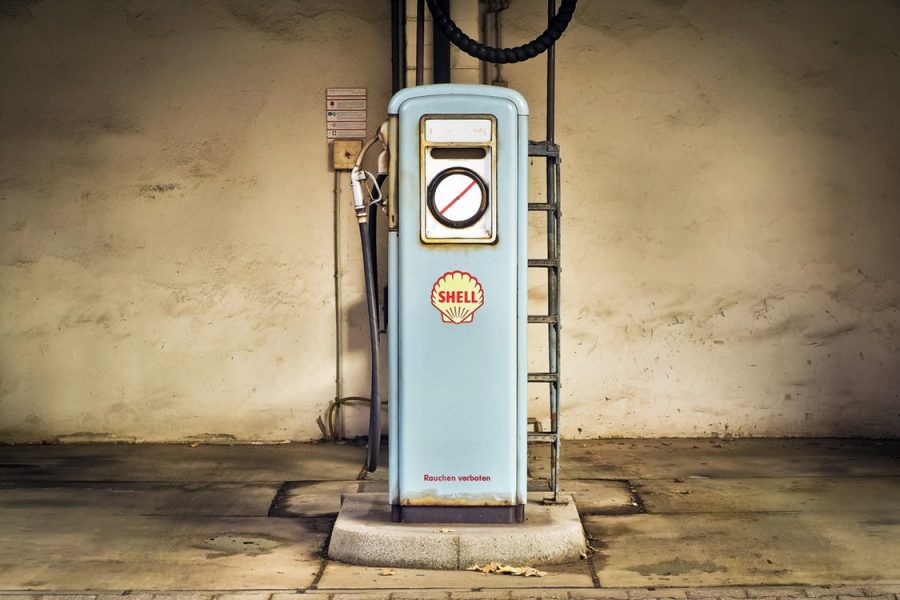The use of fossil fuels is easy as the flip of a switch, and is often taken for granted because of its availability. At least for the time being. Everything we do, whether it be turning on the lights, leaving a phone charger in an outlet, or heating up your toaster strudel, depletes our supply of nonrenewable energy that we so heavily rely on. We’ve all seen the videos of starving polar bears, melting ice caps, and other tragedies within our ecosystem throughout our lives, but we, as human beings, are not immune to the consequences of our actions either. Whether it be air pollution or water contamination, humans have already experienced the repercussions of societies greed.
Every single one of us, myself included, is the cause of climate change. As written by Adam Smith in Wealth of Nations in 1776, “Consumption is the sole end and purpose of all production.” Big companies drilling for natural gas or combusting coal–in turn contaminating both our groundwater and air quality–are not the sole cause of climate change. It is our duty as a species of Earth to divert from human nature and limit our consumption. We look forward to a bright future of renewable energy, but while we are in 2018, it is important to understand the potentially permanent ramifications on Earth. In 2006, 37% of America’s energy consumption came from petroleum, 29% from natural gas, 15% from coal, 10% from renewable energies, and 9% from nuclear energy, according to Energy Administration and Information. Now why would our highest used energy source not only be a fossil fuel, but a fuel that is only capable of supplying us for the next 53 years, according to BP?
Coal, natural gas, and petroleum are all combusted (heated to extremely high temperatures) in order to consume the energy. The combustion of these fuels causes massive amounts of air pollution as well as water contamination because of the release of chemicals such as carbon monoxide and methane. This has already been seen in places where natural gas is typically mined, such as Texas, Wyoming, Colorado and many other states west of the Mississippi River. Residents have proof of being able to light their tap water on fire from chemicals that have leached into their water source as a product of natural gas mining. A critically acclaimed documentary, Gas Land, depicts the danger of the mass fracking of natural gas through showing unreported chemicals released into both the air and water. These citizens, even with the proof of high contamination levels, have not seen any action taken by natural gas companies to insure their safety. This is because the massive amount of money these natural gas companies and lobbyists have to fight against these low-income communities that have every right to be compensated for the deterioration of their property and physical health.
We have all probably heard of the Nuclear Reactor explosion in Pripyat, Ukraine (Chernobyl) which has turned public opinion against the use of nuclear energy. The massive cooling towers and heavy security play a part in society’s fear of nuclear energy, which harnesses its energy from the mineral uranium. Zero air pollution is released in the use of nuclear energy due to the fact that the energy is harnessed through the movement of neutrons in fuel rods rather than combusting the material. The belief that nuclear energy is dangerous is misguided and unfortunate because looking into the accidents, all of them have been human error in attempting to get maximum energy return by extracting the cooling rods and other hazardous processes. In fact, according to the Dean of Maryland’s School of Public Policy, with our current capabilities uranium can last us over 200 years; but if we are able to access uranium in seawater we have the potential for uranium supplies to last us 60,000 years. The best part of it all is that outside of mining for the uranium, there are no adverse effects on the environment as a product of creating nuclear energy.
With the release of electric cars, we have a new sense of hope for the future of energy consumption. Little do we know, electricity doesn’t come out of thin air. When we flip our light switches, energy that has been harnessed from the combustion of fossil fuels transfers into the form of electricity. Tesla, however, recognizes this issue and has recently released their first wave of solar panels designed for their cars. Germany has also made great strides in regards to energy consumption, as a law has been passed that all cars must be electric by 2030. France has already moved away from the use of fossil fuels, as 70% of the energy they use comes from nuclear energy. Americans, being responsible for massive consumption of our world’s resources, must step up and progressively move away from the use of fossil fuels. If not, we will deprive future generations of the intrinsic value of our earth and all the beauty it has to hold.














